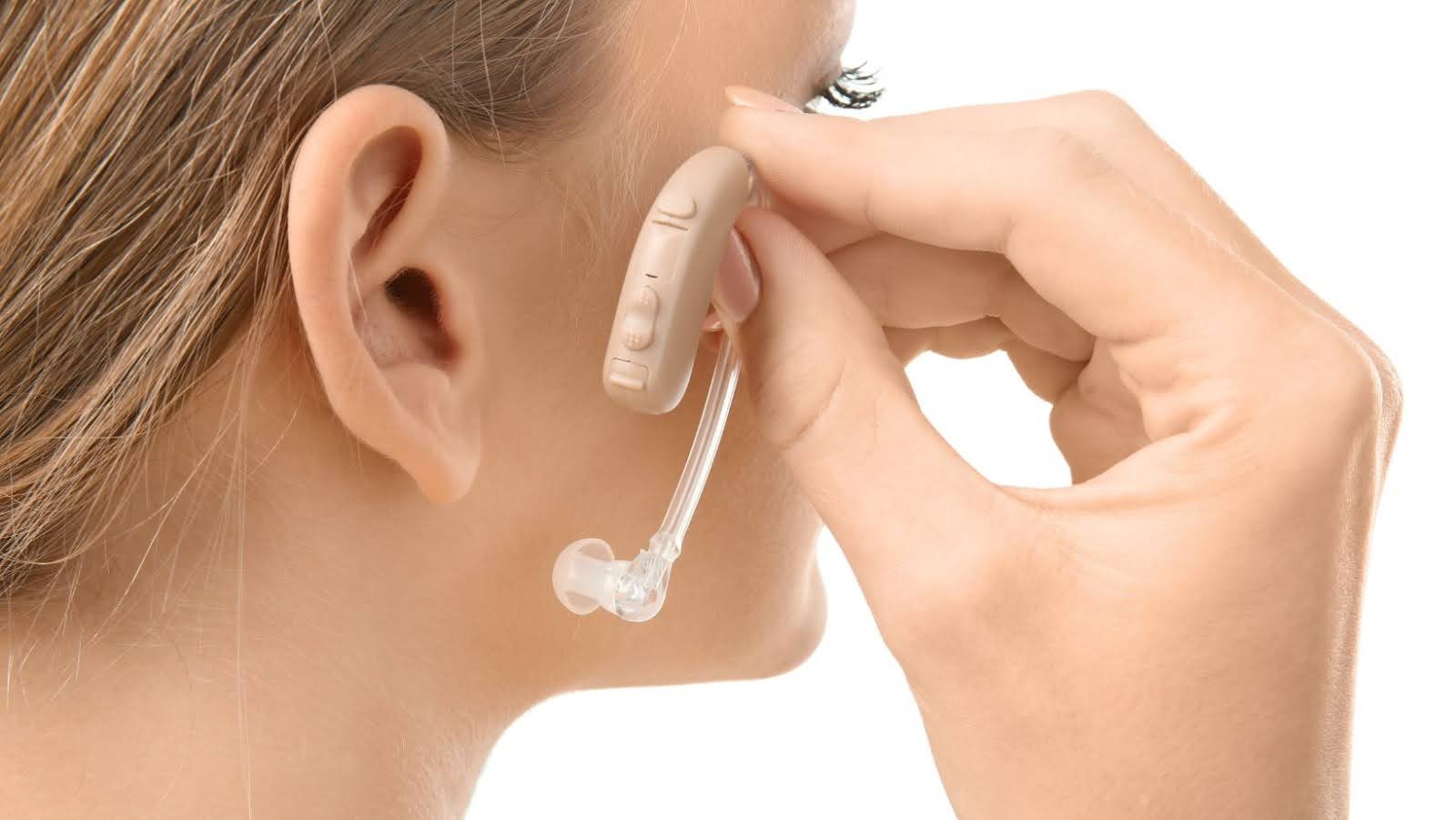Hearing impairment can significantly impact various aspects of life, from communication to emotional well-being. While technology and medical interventions play essential roles in supporting individuals with hearing loss, wellness practices are equally important for managing the condition and improving overall quality of life. By incorporating simple yet effective wellness strategies into daily routines, individuals with hearing impairment can enhance both their physical and mental health.
In this article, we will explore holistic wellness practices that can help manage hearing impairment and promote overall well-being.
Mindfulness for Better Communication
One of the most effective wellness practices for individuals with hearing impairment is mindfulness. This practice encourages staying present in the moment and being fully aware of your surroundings. For those with hearing challenges, mindfulness can help sharpen focus and improve communication.
When engaged in conversations, mindfulness allows individuals to concentrate fully on the speaker, enhancing lip-reading and non-verbal cue interpretation. By actively listening and being mentally present, people with hearing impairment can better understand conversations and respond appropriately. This practice can be especially helpful in noisy environments or group settings, where distractions make communication more difficult.
Incorporating mindfulness into daily life can reduce stress and anxiety associated with hearing loss. Mindfulness meditation, even for just a few minutes each day, can help calm the mind, improve focus, and create a greater sense of control over one’s surroundings. These benefits translate into more effective communication and a more relaxed approach to social interactions.
Prioritizing Hearing Health
A crucial aspect of wellness for managing hearing impairment is prioritizing hearing health. Just as physical fitness requires regular care, so does hearing. Ensuring that you maintain proper ear hygiene, protect your ears from excessive noise, and use assistive devices like hearing aids correctly are all important steps toward maintaining hearing wellness.

For those who use hearing aids, regular maintenance is essential. Keeping the devices clean and free from earwax buildup will ensure they function optimally. Additionally, it’s important to schedule routine checkups with an audiologist to monitor any changes in hearing and make necessary adjustments to hearing aids.
Protecting your hearing from further damage is another important part of hearing wellness. If you’re exposed to loud environments, such as concerts, workplaces, or even public transportation, consider using ear protection. Simple steps like wearing earplugs or limiting exposure to high-decibel sounds can prevent further hearing deterioration. Additionally, many wonder are bone conduction headphones safe as they provide a unique listening experience by bypassing the eardrums. While these devices can be useful for those with certain types of hearing loss, it’s always best to consult with a hearing professional to ensure their safety and suitability for your specific needs.
Physical Exercise and Its Role in Hearing Health
Physical activity plays an important role in maintaining overall wellness, and it can also have specific benefits for individuals with hearing impairment. Regular exercise promotes blood circulation, including to the delicate structures of the inner ear, which are vital for hearing.
Cardiovascular exercise, in particular, helps improve circulation, which supports ear health by delivering essential nutrients and oxygen to the auditory system. Activities such as walking, swimming, cycling, or yoga are excellent options for maintaining fitness while promoting good hearing health.
Exercise can also alleviate stress and anxiety, which are common among individuals dealing with hearing impairment. Physical movement helps release endorphins, the body’s natural mood enhancers, which can improve mental health and create a more positive outlook.
Nutrition for Supporting Hearing Health
Nutrition plays an important role in maintaining overall wellness, and a healthy diet can positively affect hearing health as well. Certain nutrients have been shown to support auditory function and may help prevent further hearing decline.
Omega-3 fatty acids, found in fish such as salmon and mackerel, are known to support brain and ear health. These healthy fats improve blood circulation and can help protect against age-related hearing loss. Antioxidants such as vitamins A, C, and E, along with minerals like magnesium and zinc, also contribute to protecting the ear from damage caused by free radicals and noise exposure.
Including a diet rich in fruits, vegetables, lean proteins, and whole grains can provide the essential nutrients your body needs to maintain optimal hearing function. For those with hearing impairment, making dietary choices that promote ear health can complement medical treatments and improve overall well-being.
The Importance of Sleep and Rest
Sleep is an aspect of wellness that is unfortunately often overlooked. For individuals with hearing impairment, quality sleep is especially important because it helps the brain process auditory information and recharge for the next day’s challenges.
Lack of sleep can exacerbate the stress and fatigue often associated with hearing loss, making it harder to focus on communication and daily activities. Establishing a bedtime routine that prioritizes relaxation, such as reducing screen time before bed and practicing calming activities like reading or meditation, can help improve sleep quality.

If you use hearing aids, you may choose to remove them at night, allowing your ears to rest. This break can provide a sense of relief, especially if wearing hearing aids for long periods causes discomfort. A restful night’s sleep will help you feel more refreshed and ready to manage your hearing impairment with a clearer mind and better emotional balance.
Building a Support Network
Emotional wellness is just as important as physical health when managing hearing impairment. Surrounding yourself with a supportive network of family, friends, or community members who understand your needs can alleviate feelings of isolation and frustration.
Having open conversations with your loved ones about your hearing impairment helps them understand the best ways to communicate with you. Whether it’s speaking more clearly, reducing background noise, or making eye contact during conversations, these small adjustments can make social interactions more enjoyable and less stressful.
In addition, connecting with others who have hearing impairments through support groups or online communities can offer valuable emotional support and shared experiences. These communities often provide a sense of belonging and mutual understanding, which can make the journey of managing hearing loss feel less isolating.
Conclusion
Managing hearing impairment requires a comprehensive approach that includes physical, mental, and emotional wellness. By incorporating simple wellness practices into daily life, individuals with hearing loss can improve their overall quality of life while effectively managing their condition.
From practicing mindfulness and prioritizing hearing health to maintaining a nutritious diet and regular exercise, these strategies help support both physical hearing function and emotional well-being. By focusing on these areas, individuals with hearing impairment can foster a healthier, more balanced lifestyle while navigating the challenges of hearing loss.

